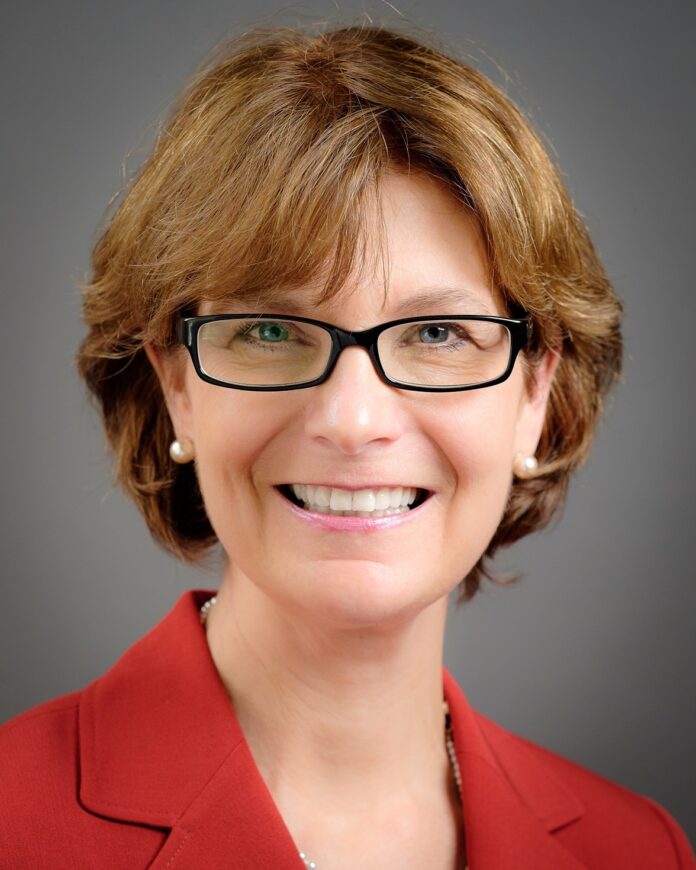THE Office of the Seniors Advocate on Thursday released a report summarizing the disproportionate challenges to healthy aging experienced by seniors living in B.C.’s rural communities.
“Seniors everywhere experience difficulties related to aging but as I’ve travelled the province and examined the data, it’s clear that people who live far from urban centers face even greater obstacles because they have fewer services and resources to support them,” said Isobel Mackenzie, BC Seniors Advocate.
The report ‘Resilient and Resourceful: Challenges Facing BC’s Rural Seniors’ looks at the differences between rural and urban seniors’ populations and examines a range of services and supports to compare service levels between what is available in both rural and urban B.C. Overall, the report concludes that rural B.C. has a proportionately higher and faster growing seniors’ population with fewer resources and services when compared to the urban seniors’ population.
“We face a geographical challenge where 86% of our population is concentrated in dense urban cores on 4% of our land mass. The vastness of rural B.C. makes accessing supports by aging seniors more difficult because critical services are spread over a large, sparsely-populated area,” continued Mackenzie.
The report notes:
- Seniors are 25% of B.C.’s rural population compared to urban B.C. where seniors are 19% of the population;
- The seniors’ population in rural B.C. is growing faster than urban B.C. and by 2032, seniors will be 29% of the population of rural B.C. compared to 21% in urban B.C.;
- Seniors in communities in the Northern, Interior and Vancouver Island health authorities have a lower life expectancy compared to those in Vancouver Coastal and Fraser health authorities where more of the population is concentrated in urban centres;
- 17% of rural seniors do not have a family doctor or nurse practitioner compared to 13% of urban seniors, and hours and days of access to a clinic in rural communities are more limited compared to those in urban centres;
- 51% of seniors in rural B.C. communities are married, compared to 63% in urban areas with single seniors more likely to need home support, assisted living and long-term care;
- Rural seniors have both lower average and median incomes than their urban counterparts and their overall wealth is estimated to be two thirds less;
- The rate of acute care beds per 1,000 population is 70% lower in rural B.C. and the average length of stay as an alternative level of care (ALC) patient is 27% higher (85% of ALC patients are 65+);
- There are 24% fewer home support clients per 1,000 rural population (65+) and they receive, on average, 19% fewer hours of care;
- There are 55% fewer publicly subsidized long-term care beds per 1,000 rural population (65+) and a median wait time to access a publicly subsidized long-term care bed that is twice as long as seniors in urban B.C.;
- The rate of subsidized seniors housing units per 1,000 population (55+) is nearly 70% lower in rural B.C., and the rate of Shelter Aid for Elderly Renters (SAFER) clients per 1,000 population (60+) is over 50% lower in rural B.C. compared to urban B.C.; and
- While the provincial Travel Assistance Program (TAP) is widely known, it provides very limited support for costs related to medical travel; the Hope Air program offers more robust financial support but is not known to most rural seniors and health care professionals.
“While I am inspired and heartened by the compassionate, community-minded nature of people who live in rural B.C., it’s clear they need more support,” said Mackenzie. “There needs to be a more cohesive plan developed that looks across all domains of healthy aging, housing, transportation, income, health care and community supports. We must ensure seniors, regardless of whether they live in rural or urban B.C., receive equitable levels of support to allow them to age well in their home communities.”The report makes seven recommendations:
- Develop and Implement a Rural Seniors Housing Strategy.
- Develop and Implement a Rural Health Human Resource Strategy.
- Develop and Implement Rural Seniors Home and Community Care Strategy.
- Develop and Implement a Provincial Long-Term Care and Assisted Living Plan based on equity throughout the Province.
- Develop and Implement a Provincial Rural Transportation Strategy.
- Improve and Better Promote the Provincial Travel Assistance Program and Hope Air.
- Increase Rural Representation in Government through the creation of a Ministry or Minister of State for Rural B.C.
Read the report here: OSA-Rural-Seniors-FINAL-LOW-












